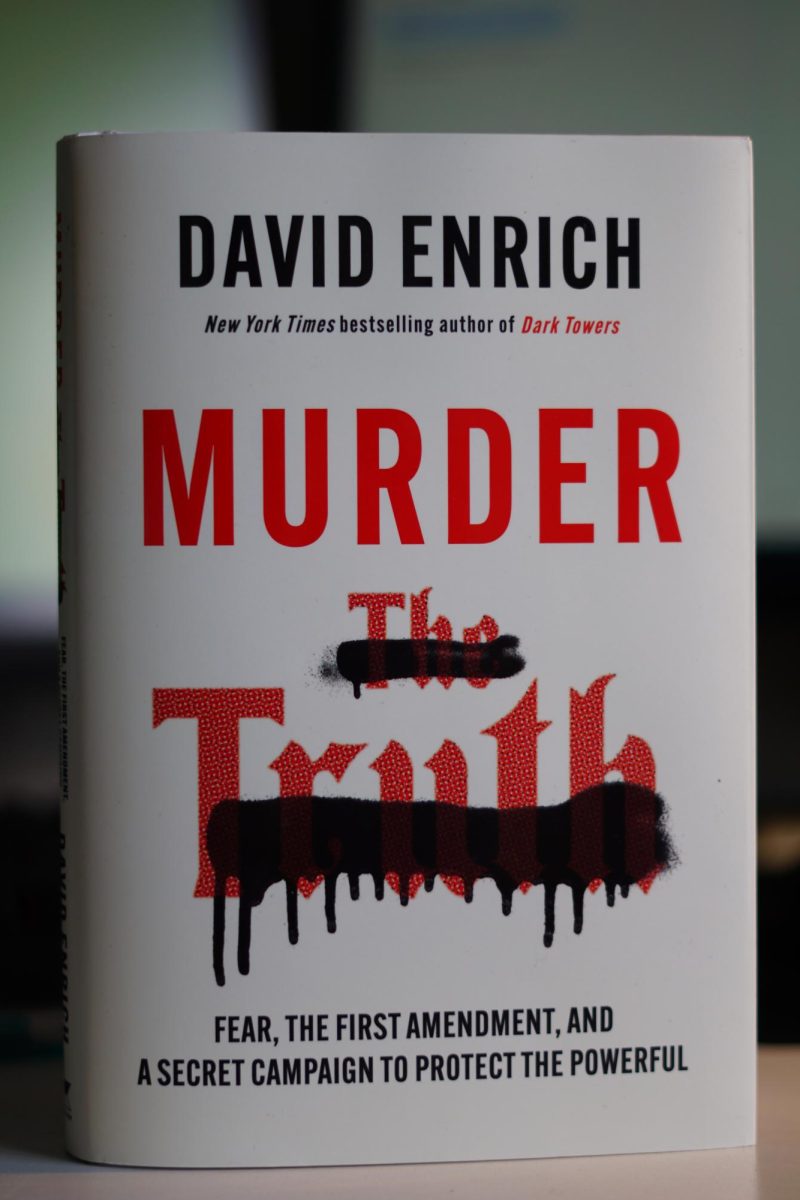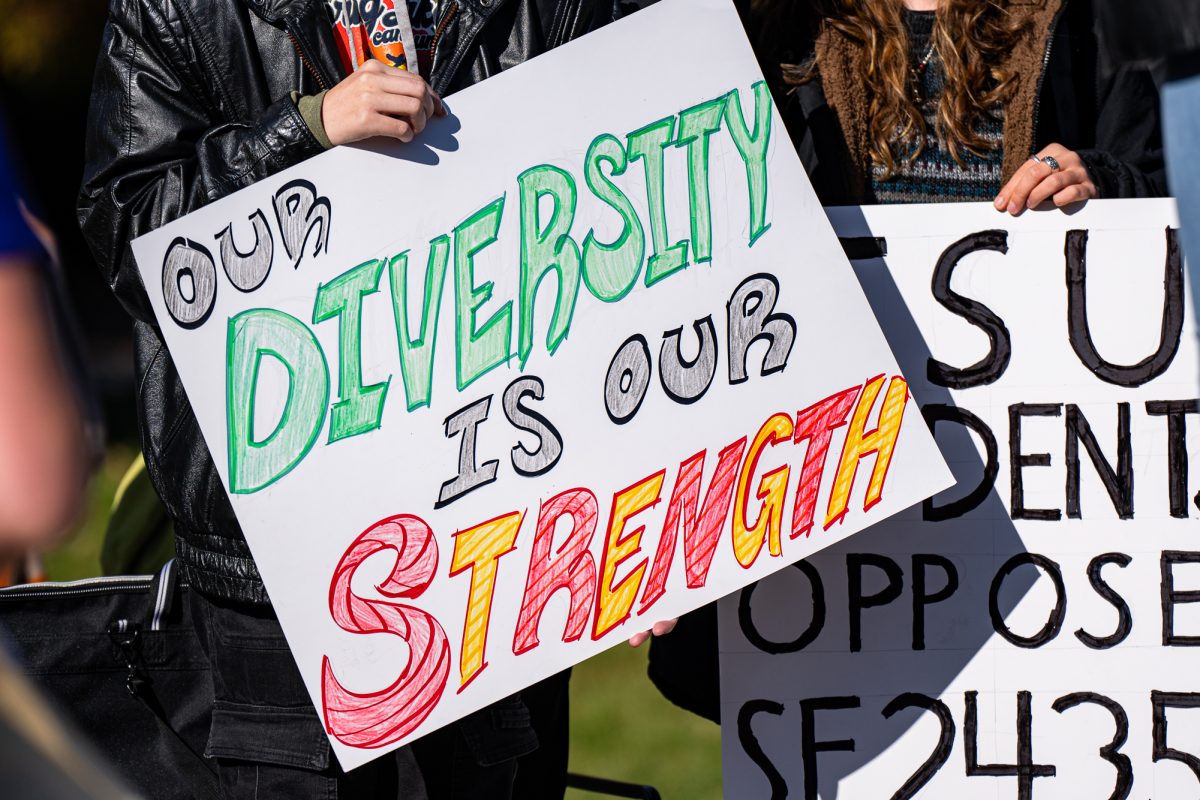Are we in a battle for our minds? Is the technology of our day adding to the seemingly insurmountable amount of information and propaganda that filters through our sources of knowledge?
For anyone who does not merely live for the sake of living, but exists as an active participant in life (as most of us do), it is troubling to answer the question above in the negative. Why?
Philosopher Søren Kierkegaard investigated this question in his book “The Present Age,” which is an installation of the Harper Perennial “Resistance Library.”
Instead of completely revealing the book, I prefer to inspire the reader to pick it up. By selecting a couple of my favorite passages, I hope that someone may discover Kierkegaard’s answer to the question above for themselves.
For a succinct description of this 87-page pamphlet, we can look no further than the publisher’s description on the back cover:
“Kirekegaard’s stunningly prescient essay that foresaw the rise of twenty-four-hour news and social media, The Present Age examines the philosophical and political implications of a culture of endless, inconsequential commentary and debate.”
Indeed, “prescient” is a good adjective for Kierkegaard’s masterpiece. As Walter Kaufmann states in his introduction to the book, “we find the heart of Kierkegaard” and “Kierkegaard deliberately challenges the reader’s whole existence.”
How does Kierkegaard do so? Let it be noted that what Kierkegaard says should not be taken at face value; that is, to mean absolute truth of the matter at hand. However, his criticisms of his “present age” and the foreshadowing of the present age of the 21st century do not stand without merit. It was Kierkegaard, after all, who hoped his epitaph would read “That Individual,” and that the idea and subsequent loss of “That Individual” spirit in the present age existed as Kierkegaard’s “lament over the loss of authority.” The following passages explain this idea in more detail.
“A revolutionary age is an age of action; ours is the age of advertisement and publicity. Nothing ever happens but there is immediate publicity everywhere. In the present age, a rebellion is, of all things, the most unthinkable.”
Interestingly, Kierkegaard wrote in an age we would now consider primitive given the technological limitations. He would be horrified at the spectacle of what humans have done to themselves. In an age of constant choices and untruths which pose as honest endeavors, humanity is doomed by reflection in a time where reflection cannot even save someone. However, what else are we to do? Kierkegaard realized this human paradox and writes:
“However well-meaning and strong the individual man may be (if only he could use his strength), he still has not the passion to be able to tear himself from the coils and seductive uncertainty of reflection.”
This “seductive” nature of modern reflection is representative of a society astray. Many struggle with deeper crises than before due to various reasons in the world, most of which, I would argue, are based on material circumstances.
As things continue to deteriorate and more and more people are misled in search of moral and intellectual guidance, reflection, although necessary, can worsen the situation. From whatever basis one argues, it is not inappropriate to suggest that most of us believe our opponents to be under the influence of bad ideas (sometimes). To what extent these ideas are influenced and whom they are influenced by are crucial factors in determining whether one tolerates their opposition.
This mental balancing act, especially at a time where the forces of the world are attempting to lay siege to truth and reason, prompts the formation of existential panic within an individual. And to restate what I mentioned above, this “loss of authority” is what Kierkegaard was exploring in “The Present Age.”
How are we to make sense of the world given the age of “advertisement and publicity?” One where the tenants of human life and individuality are upheld? The struggle for this answer can lead one into a deeper rabbit hole. This act itself, Kierkegaard says, causes the scatter-minded behavior we feel is present in society today.
And as Kierkegaard says:
“He [humanity] does not die with deliberation but from deliberation”
Buy the book. Trust me.
Rating: 9/10








